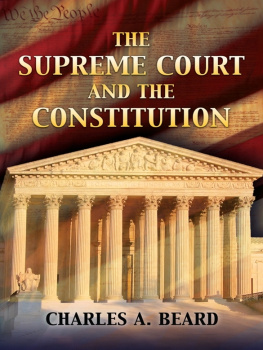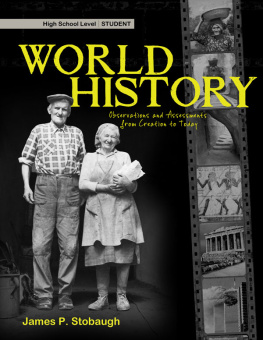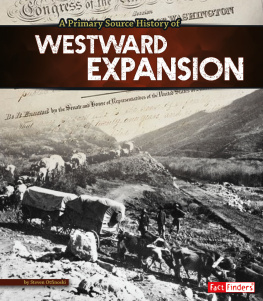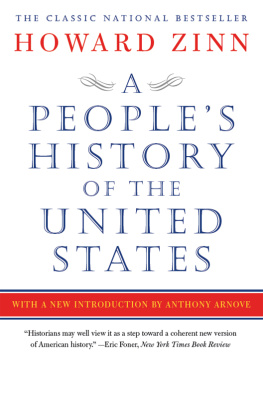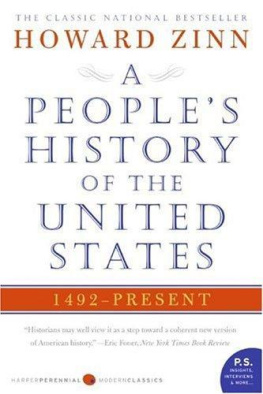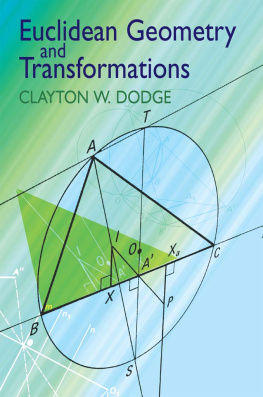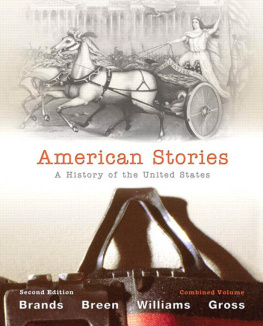The Project Gutenberg EBook of History of the United States
by Charles A. Beard and Mary R. Beard
This eBook is for the use of anyone anywhere at no cost and with
almost no restrictions whatsoever. You may copy it, give it away or
re-use it under the terms of the Project Gutenberg License included
with this eBook or online at www.gutenberg.net
Title: History of the United States
Author: Charles A. Beard and Mary R. Beard
Release Date: October 28, 2005 [EBook #16960]
Language: English
*** START OF THIS PROJECT GUTENBERG EBOOK HISTORY OF THE UNITED STATES ***
Produced by Curtis Weyant, M and the Online Distributed
Proofreading Team at http://www.pgdp.net
HISTORY
OF THE
UNITED STATES
BY
CHARLES A. BEARD
AND
MARY R. BEARD
New York
THE MACMILLAN COMPANY
1921
All rights reserved
Copyright , 1921,
By THE MACMILLAN COMPANY.
Set up and electrotyped. Published March, 1921.
Norwood Press
J.S. Cushing Co.Berwick & Smith Co.
Norwood, Mass. , U.S.A.
PREFACE
As things now stand, the course of instruction in American history in our public schools embraces three distinct treatments of the subject. Three separate books are used. First, there is the primary book, which is usually a very condensed narrative with emphasis on biographies and anecdotes. Second, there is the advanced text for the seventh or eighth grade, generally speaking, an expansion of the elementary book by the addition of forty or fifty thousand words. Finally, there is the high school manual. This, too, ordinarily follows the beaten path, giving fuller accounts of the same events and characters. To put it bluntly, we do not assume that our children obtain permanent possessions from their study of history in the lower grades. If mathematicians followed the same method, high school texts on algebra and geometry would include the multiplication table and fractions.
There is, of course, a ready answer to the criticism advanced above. It is that teachers have learned from bitter experience how little history their pupils retain as they pass along the regular route. No teacher of history will deny this. Still it is a standing challenge to existing methods of historical instruction. If the study of history cannot be made truly progressive like the study of mathematics, science, and languages, then the historians assume a grave responsibility in adding their subject to the already overloaded curriculum. If the successive historical texts are only enlarged editions of the first textmore facts, more dates, more wordsthen history deserves most of the sharp criticism which it is receiving from teachers of science, civics, and economics.
In this condition of affairs we find our justification for offering a new high school text in American history. Our first contribution is one of omission. The time-honored stories of exploration and the biographies of heroes are left out. We frankly hold that, if pupils know little or nothing about Columbus, Cortes, Magellan, or Captain John Smith by the time they reach the high school, it is useless to tell the same stories for perhaps the fourth time. It is worse than useless. It is an offense against the teachers of those subjects that are demonstrated to be progressive in character.
In the next place we have omitted all descriptions of battles. Our reasons for this are simple. The strategy of a campaign or of a single battle is a highly technical, and usually a highly controversial, matter about which experts differ widely. In the field of military and naval operations most writers and teachers of history are mere novices. To dispose of Gettysburg or the Wilderness in ten lines or ten pages is equally absurd to the serious student of military affairs. Any one who compares the ordinary textbook account of a single Civil War campaign with the account given by Ropes, for instance, will ask for no further comment. No youth called upon to serve our country in arms would think of turning to a high school manual for information about the art of warfare. The dramatic scene or episode, so useful in arousing the interest of the immature pupil, seems out of place in a book that deliberately appeals to boys and girls on the very threshold of life's serious responsibilities.
It is not upon negative features, however, that we rest our case. It is rather upon constructive features.
First. We have written a topical, not a narrative, history. We have tried to set forth the important aspects, problems, and movements of each period, bringing in the narrative rather by way of illustration.
Second. We have emphasized those historical topics which help to explain how our nation has come to be what it is to-day.
Third. We have dwelt fully upon the social and economic aspects of our history, especially in relation to the politics of each period.
Fourth. We have treated the causes and results of wars, the problems of financing and sustaining armed forces, rather than military strategy. These are the subjects which belong to a history for civilians. These are matters which civilians can understandmatters which they must understand, if they are to play well their part in war and peace.
Fifth. By omitting the period of exploration, we have been able to enlarge the treatment of our own time. We have given special attention to the history of those current questions which must form the subject matter of sound instruction in citizenship.
Sixth. We have borne in mind that America, with all her unique characteristics, is a part of a general civilization. Accordingly we have given diplomacy, foreign affairs, world relations, and the reciprocal influences of nations their appropriate place.
Seventh. We have deliberately aimed at standards of maturity. The study of a mere narrative calls mainly for the use of the memory. We have aimed to stimulate habits of analysis, comparison, association, reflection, and generalizationhabits calculated to enlarge as well as inform the mind. We have been at great pains to make our text clear, simple, and direct; but we have earnestly sought to stretch the intellects of our readersto put them upon their mettle. Most of them will receive the last of their formal instruction in the high school. The world will soon expect maturity from them. Their achievements will depend upon the possession of other powers than memory alone. The effectiveness of their citizenship in our republic will be measured by the excellence of their judgment as well as the fullness of their information.
C.A.B.
M.R.B.
N ew York City ,
February 8, 1921.
A SMALL LIBRARY IN AMERICAN HISTORY
SINGLE VOLUMES:
BASSETT, J.S. A Short History of the United States
ELSON, H.W. History of the United States of America
SERIES:
"E pochs of American History," edited by A.B. Hart
HART, A.B. Formation of the Union
THWAITES, R.G. The Colonies
WILSON, WOODROW. Division and Reunion
"R iverside Series," edited by W.E. Dodd
BECKER, C.L. Beginnings of the American People
DODD, W.E. Expansion and Conflict
JOHNSON, A. Union and Democracy
PAXSON, F.L. The New Nation
CONTENTS
| PART I. THE COLONIAL PERIOD |
| chapter | page |
| I. | The Great Migration to America |
| The Agencies of American Colonization |
| The Colonial Peoples |
| The Process of Colonization |
| II. | Colonial Agriculture, Industry, and Commerce |


